Playing coed adult sports offers a whole different kind of dynamic than playing on a men’s or women’s team does. The social aspect definitely increases, but that doesn’t mean that the level of competitiveness decreases. And the rules may be a bit different, but they’re pretty straightforward and easy to remember after a few games.
Team dynamics refers to how the players interact with each other on the court. Team dynamics are a crucial part of any volleyball game, because players rely so much on each other during the game for each and every play. Obviously, when you have men and women on the same court, there are bound to be some differences!
Some of the main differences in team dynamics for recreational coed volleyball are related to aggressiveness, competitiveness, communication, and strategy.
What is coed volleyball?
Before we talk about playing coed volleyball, let’s make sure we’re on the same page about what it is. Coed volleyball is simply when men and women play together on the same court. There are different rules for coed volleyball, such as the requirement of what is the minimum number of female players. These rules do vary depending on the specific league or tournament. This article, What are the rules for recreational coed volleyball, outlines some of the main differences in rules for coed volleyball.
Here are some generalizations about differences in gender in coed volleyball. Will these always be true? Definitely not. When comparing differences in genders, it’s necessary to use generalizations. Of course there will be many occasions when the opposite of the following generalizations happen. These are just some general examples of differences in court dynamics.
Aggressiveness
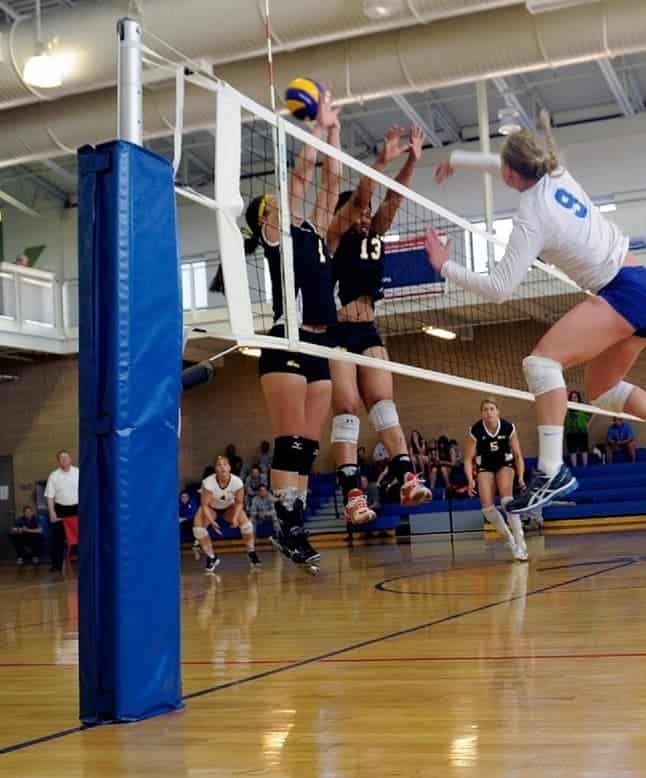
Male players tend to be more powerful and can often be more outwardly aggressive than their female team mates, which can be intimidating for some women. However, it’s not always the women who are intimidated by the male players! It’s just as easy to have a highly skilled and experienced female player who is more aggressive than some of her male team mates.
Regardless of who is more aggressive or intense on the court, the interaction between men and women in coed volleyball is usually very positive and should include a lot of encouragement and comradery.
One of the biggest differences I’ve noticed playing coed volleyball is that men just naturally cover more space on the court, simply because they’re bigger and taller. This sometimes results in a male player unintentionally taking a ball that might seem to have been one of the female player’s ball to cover. This takes a bit of adjustment for both players, as it’s usually not done on purpose. The best thing is to call “mine” for the ball, respect when a team mate calls “mine”, and to communicate about intentions when it does happen.
Competitiveness
Because of the physical differences between men and women, it’s easy to assume that recreational coed volleyball would be more much more casual and less competitive, but that’s not the case at all! Many highly skilled athletes, both male and female, play coed volleyball, and they bring their personal level of competitiveness to the coed court. Coed games can get pretty intensively competitive. It’s awesome to see players feed off their competitive vibe from each other.
Because coed volleyball games can still be really competitive, plays adapt to the different challenges related to having both genders on the court. They end up learning from each other, and everyone adapts their game just a little bit.
Communication
No big surprise here: men and women just communicate differently. And when you add the intensity of sport, these communication differences can become quite obvious. Men can be more direct and intense – when a play goes wrong, they’ll be quick to say what went wrong and how to fix it, directly at the player who made the error. This is not done to be harsh, but focuses on fixing the error for next time. End of story; on to the next play.
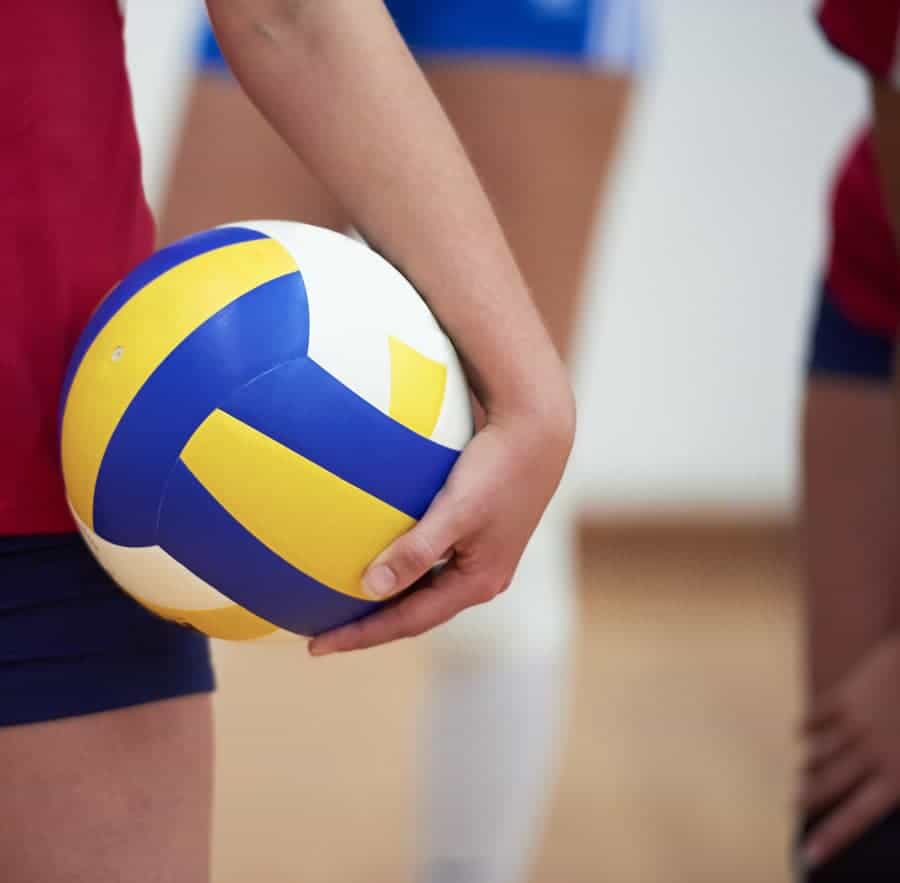
Women may not always be as directly critical and tend to be more supportive, saying things like, “good try”, or “you’ll get the next one”. Depending on the player, she may not necessarily feel as comfortable vocalizing how to fix the error.
Playing coed volleyball gives all players the opportunity to adjust their communication style outside of their usual comfort zone. Male players will often soften their coaching advice towards female players, and female players will often be a bit more open in their constructive coaching.
Strategy
Of course, having a broader mix of physical abilities adds a new level of strategy to the game. There are countless ways to approach strategy, but it really boils down to knowing the strengths and abilities (and the weaknesses) of each individual player, regardless of his or her gender.
Every player has a unique level of skill, experience, and even coachability (how a player responds to critique and their willingness to correct the issue). They may also have more experience or preference for playing a certain position. Or, they may take the opportunity on their coed team to play a different position than what they normally do.
When setting coed team strategy, players need to be open in their communication, honest with themselves about their own strengths and weaknesses as a player, and be flexible and adaptable in playing different positions or responding to defensive or offensive setups. Let’s be honest, there isn’t a lot of time between plays to discuss strategy in-depth, so being able to adjust on the spot is important.
Setting a strategy for a coed team may also depend on the skill and dynamics of the opposing team. For example, if the opposing team has a lineup that includes really strong female hitters, you’ll want to adjust your rotation so that the female players on your team will be blocking the opposing team’s female hitters (since male players often can’t block female hitters).
Risk of injury
Every sport has a risk of injury. Playing a coed sport doesn’t automatically increase your risk of injury. However, the range of power, skill, and experience between players can be greater in a coed league, so it’s important to be appropriately cautious.
For example, if a less experienced female player is playing against a very experienced male player, she may not be used to the speed and power of some of his hits. Now, let’s be honest, even the most experienced player gets six-packed every now and then! I definitely have been! However, when you’ve got this kind of wide range in skill and power, it’s important to be aware of the chance of injury.
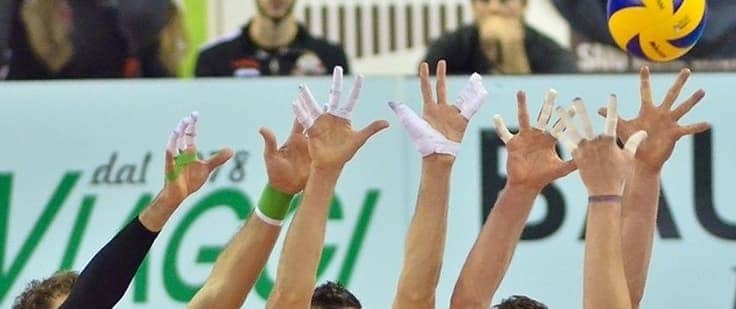
Depending on the league, the same range in power and skill could just as easily be present between a more experienced female player and a less experienced male. It’s important for all players to be aware of the level of play of the league, and to get involved in a league that’s appropriate for their own level of skill and experience.
For more experienced players, this may mean toning it down a bit in certain leagues or against certain teams. Just because a player CAN pound the ball onto the attack line doesn’t mean they need to for every play! It’s much more appropriate and respectful to show off those skills by controlling the ball and placing it strategically to score points – that’s the sign of a skilled and smart player!
And for less experienced players, it’s important to find a league that’s appropriate for newer players. There are many recreational leagues that are open to beginners, however, some can be pretty intense, and the level of competitiveness can still be high. If there are a lot of experienced players in the league, the level of competitiveness is likely going to be high. As a beginner, it’s going to be frustrating and somewhat intimidating to join a highly competitive league. It’s a much more fun experience to be part of a league that matches your ability.
The benefit of playing coed recreational volleyball is that it introduces a new dynamic for players. The best way to enjoy playing coed volleyball is to have appropriate expectations, and to enjoy the differences. Coed volleyball may not be for everyone, but it’s definitely a fun way to meet new people and stay active.

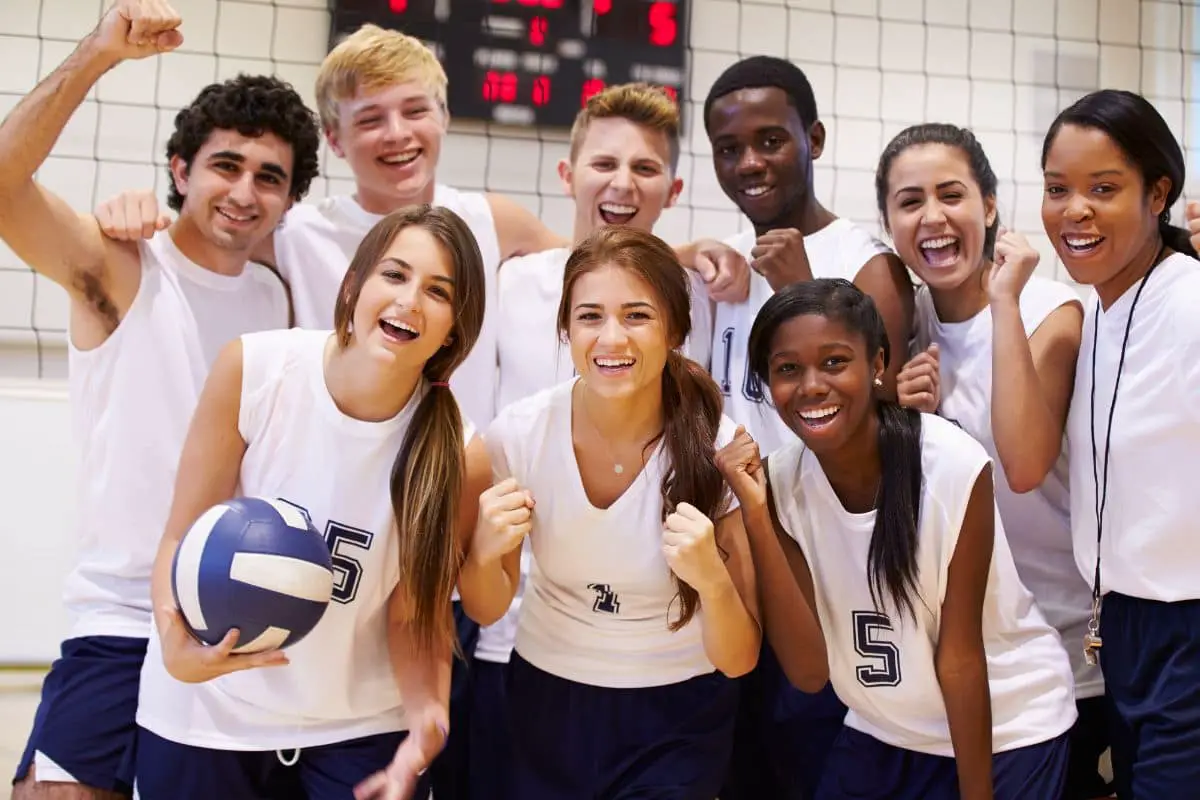
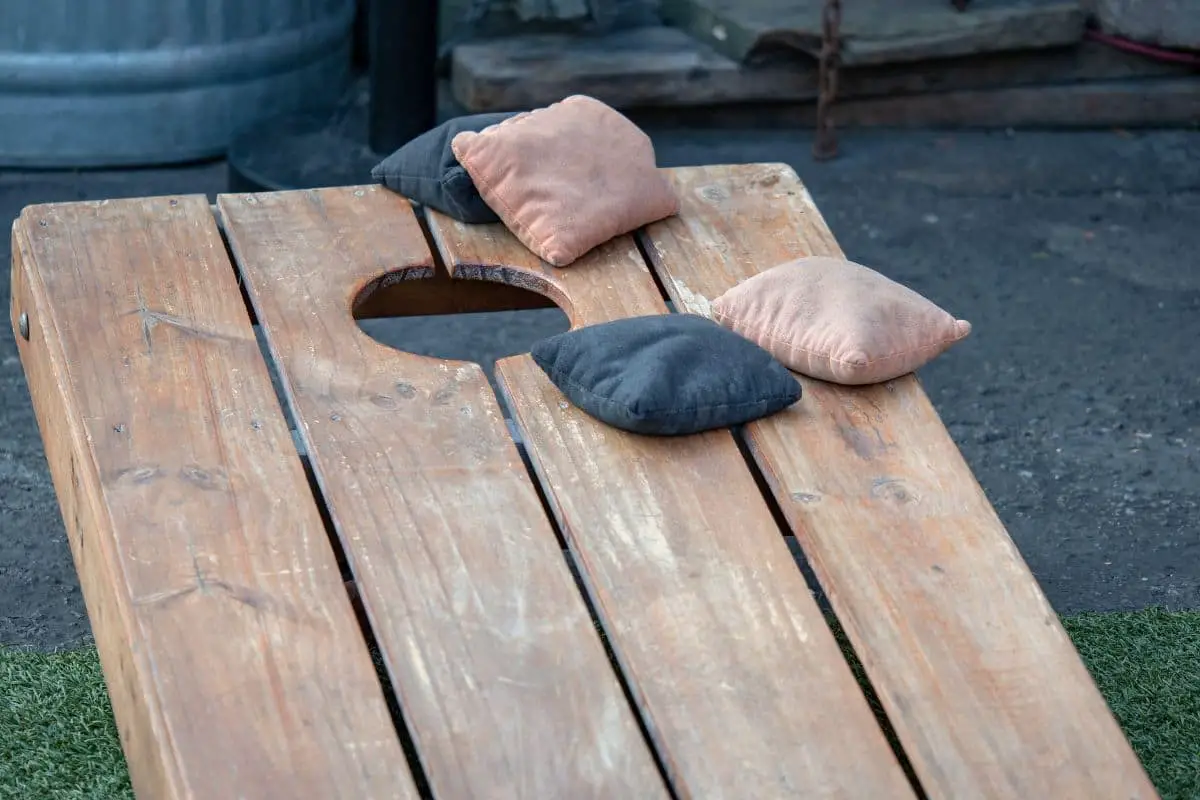
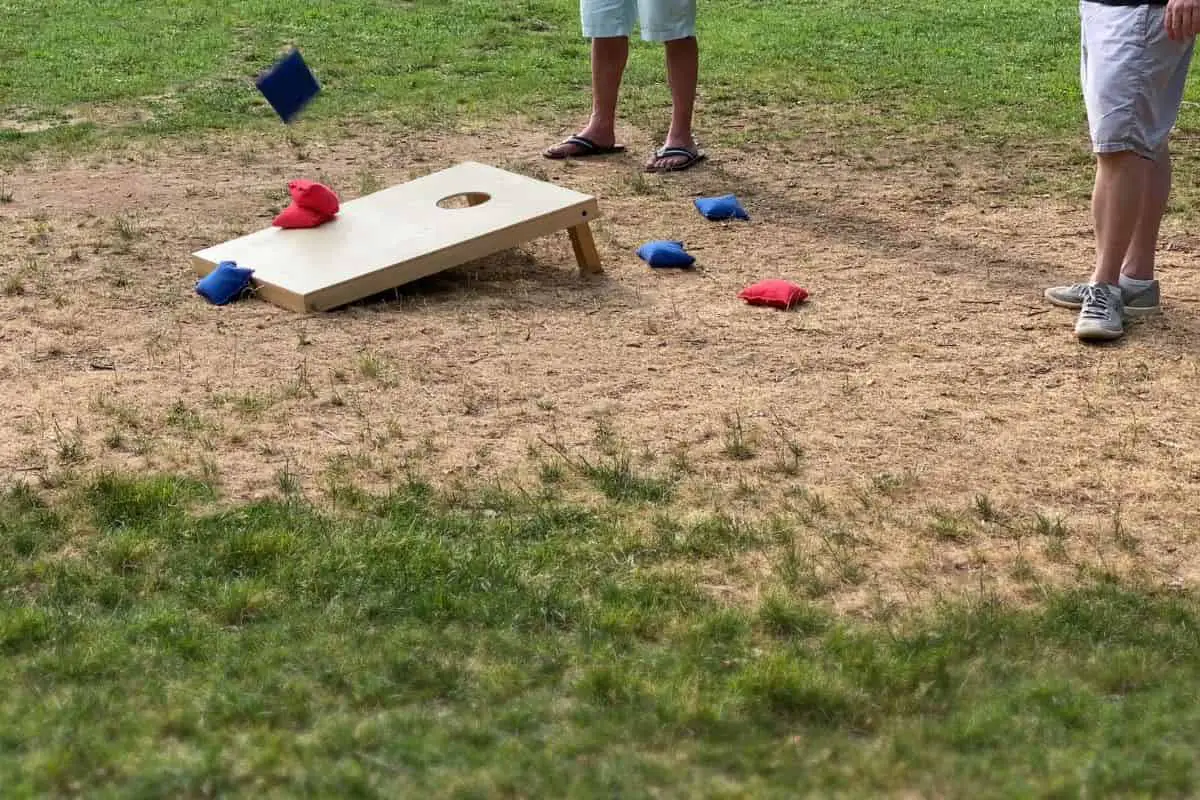
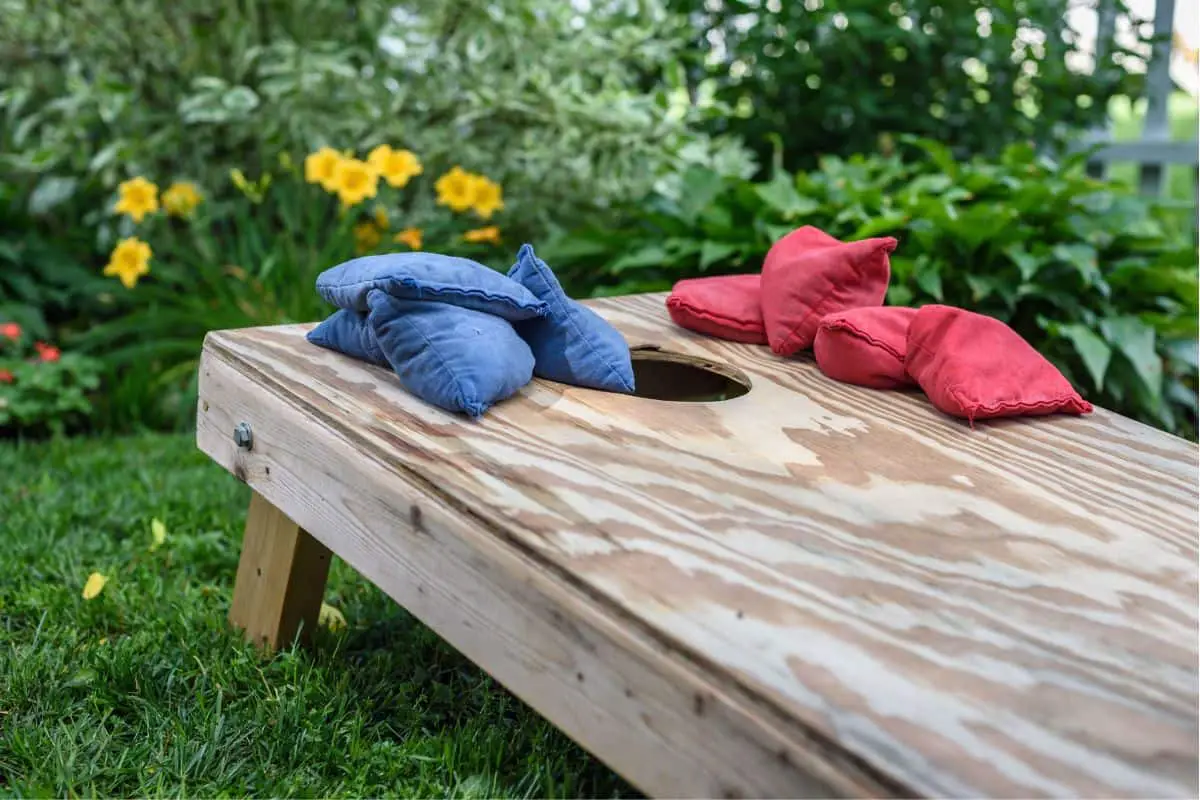
Leave a Reply
You must be logged in to post a comment.